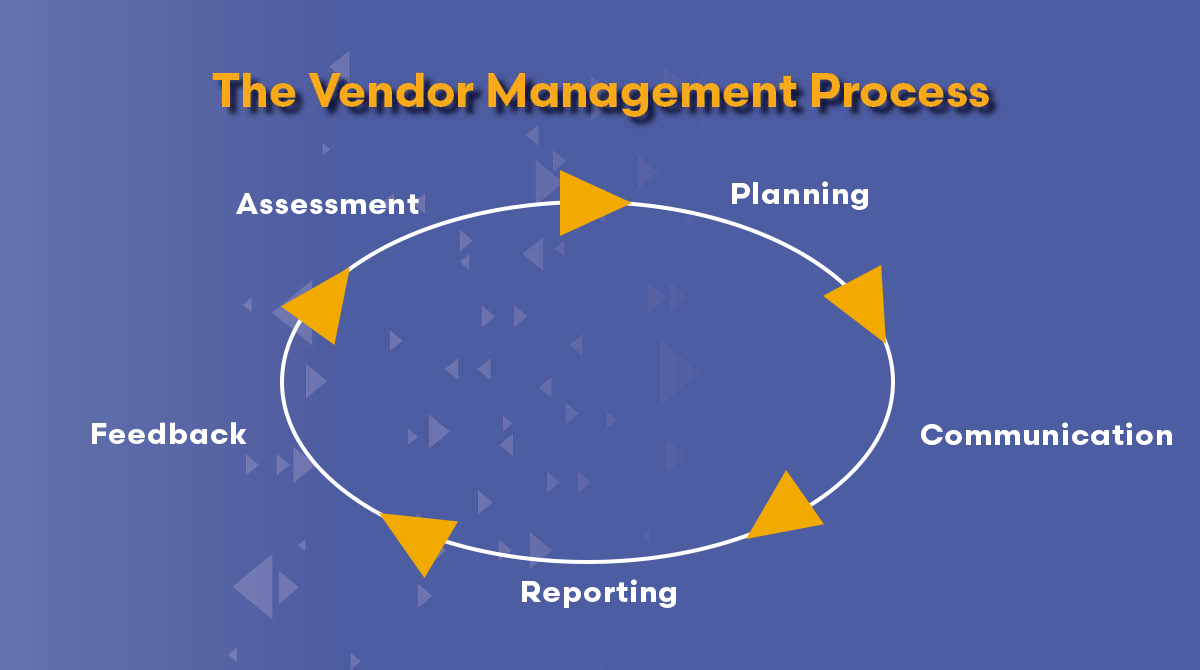The outsourcing process is an ongoing loop that involves working with your vendor partner to optimize your revenue cycle from assessment of needs through feedback on the outcomes of actions taken.

Assessment – The first step of the process, likely begun during due diligence discussions with the vendor. This is where issues for focus are determined based on a review of outstanding receivables, claims rejections, denials, payment discrepancies, contracts, and all items ultimately impacting payment amounts and timelines.
Planning – Action steps to address the above issues, and establishment of the ongoing revenue cycle process, are determined. They may involve internal process remediation discussions and training for the agency staff, focus on system edits, payer projects, etc. as needed. Additionally, the billing cycle process that the vendor will manage is established, including billing frequency and day, responsibilities of the agency staff and vendor, and communication processes.
Communication – This will consist of daily, weekly, and monthly ad-hoc and pre-scheduled outreach and meetings. Daily, discussion could focus on items needed to continue to bill, clear rejections, or appeal denials. Examples of issues pertain to authorizations or other documentation, client demographics, or schedule adjustments to conform to authorization. Weekly, discussion will revolve around system edit fixes, unconfirmed visits, and other items needed to maximize the number of claims making the billing cycle. Monthly, there would be a management meeting to review performance, resolve outstanding issues, and discuss payer escalations and status.
Reporting – Report lists are typically established during the assessment process. They typically consist of expiring and expired authorizations, edit issues that are aging (split shifts for example), unconfirmed shifts, total billed by payer for the week/month, cash receipt reconciliations, and aging reports and status. Ad hoc reports may be developed while specific issues are being worked on.
Feedback – This is related to Communications and consists of dialogue needed to address issues and concerns surfaced during the process. It needs to be two-way, with the agency and the vendor raising the issues to be addressed. A good agency/vendor relationship will include a great deal of this dialogue. Either partner should feel free to reach out to the other at any time for effective discussion.
Assessment – The process continues. Assessment is always occurring to determine if the process is working effectively, if there are new issues to be addressed, and what steps will be taken to address them.
The client agency should continue to evaluate performance, ensure that the statement of work is being followed, and the results they intended on entering the relationship are being achieved. Agency management needs to remain engaged in this process to ensure maximum effectiveness.
We provide revenue cycle management outsourcing as well as revenue cycle effectiveness evaluation, regardless of agency management solution. Schedule a call with our experts today to start your evaluation, and make sure to register for “Outsourcing Vendor Management and Analysis,” the corresponding session in our 3-part webinar series, “The “Ins and Outs” of Insourcing vs Outsourcing Revenue Cycle Management.”